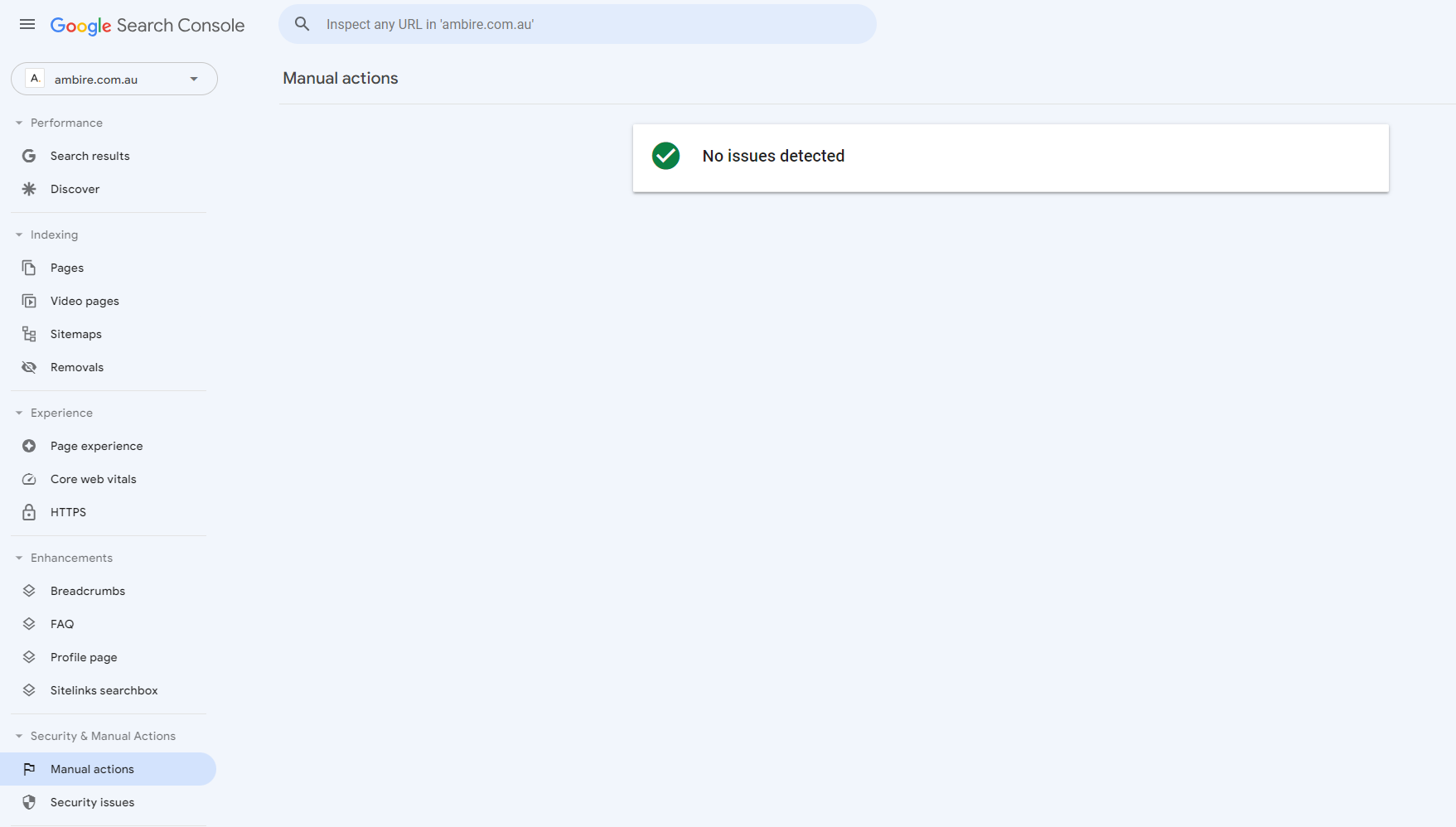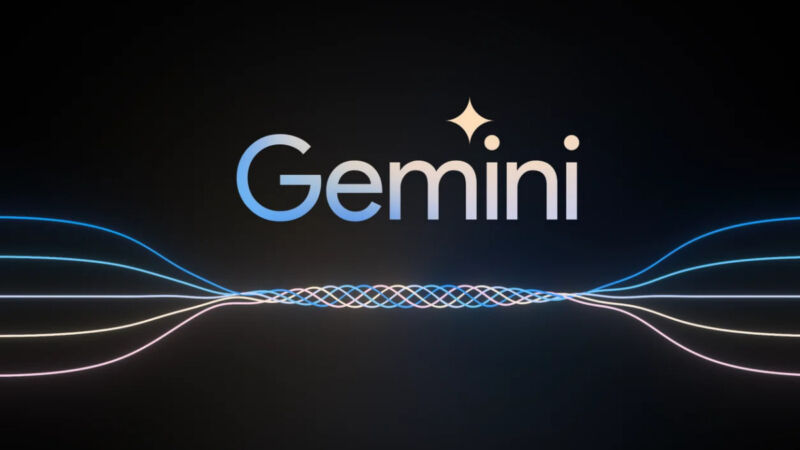Google has rolled out its March 2024 core update for its search engines. Every website owner, including the team here at Ambire, understands the importance of being on the pulse for each and every latest Google core update. This knowledge allows businesses to make any necessary changes to their existing strategy to ensure that they remain aligned with the best industry standard SEO practices. We’ll be taking a deep dive into the most recent Google algorithm update, so you can learn more on how you will be potentially affected by the changes, and how to navigate them effectively.
Google Core Update March 2024: An Overview
This latest core update is all about maintaining the highest quality results on Google’s search engines. According to Google, this means there will be:
- Improved quality rankings: Google is making algorithmic enhancements to their core ranking systems to provide greater visibility to high-quality relevant pages, and to reduce unoriginal content in search results.
- New and improved spam policies: Google is updating their spam policies to keep unsatisfactory content out of Search. This includes the innumerable quantity of purely AI driven content which has occupied the web since the advent of ChatGPT.
These changes will equip Google with the means to better gauge whether webpages are unhelpful, plagued with poor user experience, or filled with contrivances tailored to search engines at the detriment to users. This will essentially penalise sites which produce content to match very specific search queries, instead of consumer queries, in an effort to pander to search engines rather than providing valuable information to users.
In addition, Google will stop announcing new helpful content updates. The Helpful Content Update refers to a series of refinements aimed at ranking content based on its value and relevance to users. With this latest update, this helpful content system has now been integrated into the core algorithm.
The Purpose of the Google Algorithm Update
Like all core algorithm updates, Google is ultimately looking to refine their search engine to improve user experience.
Quality content is at the forefront of this update. Google has said of the change “[it will] allow us to take action on more types of content with little to no value created at scale, like pages that pretend to have answers to popular searches but fail to deliver helpful content.”
As stated by Elizabeth Tucker, Director of Product for Search at Google ‘the aim of this is that Google will ‘continue to work hard at keeping low-quality content on Search to low levels and showing more information created to help people.” These updates will ultimately send more traffic towards truly helpful, high-quality sites that will satisfy user queries more readily and efficiently.
The Results of the Google Core Update
The results of this update have seen more targeted action undertaken than previously. The types of spam that will be targeted include:
Scaled Content
This is content that utilises automation to generate low-quality or unoriginal content at scale with the goal of manipulating search rankings in their favour. While this type of content was addressed previously, Google is strengthening policy to take greater action against pages providing little value. This will include pages pretending to have answers to popular searches but fail to deliver helpful content.
A common example of this occurring is when a user will finish the latest season of a popular show and wants to find out more about the next season. You will find many click-bait articles begin to emerge which ride the hype wave but fail to provide any insightful information as it isn’t publicly available.
Third Party Hosting
A hot topic in the organic space right now pertains to Parasite SEO. This refers to the practice of leveraging high-authority domains by hosting content on their site in exchange for a fee. It is common for smaller websites to do this to capitalise on an established host’s reputation. This is now considered low-value content that can be deindexed. It will be enforced as of May 5th, to give site owners time to make necessary changes.
It would be advisable to act swiftly, as Google is already beginning to completely deindex sites. Domains that rely on second-tier publishers to feature their content are already bearing the brunt of this update, as their backlink profiles greatly diminish in value as their hosted articles become deindexed en masse.
Expired Domains
Acquiring expired domains and repurposing them with the primary intention of boosting search ranking of low-quality or unoriginal content is being cracked down on. This was often undertaken to fraudulently mislead users into thinking this new content is part of the older site.
Google has stated that targeting and deindexing pages marred by these deficiencies will likely result in a 40% reduction in this type of content from their search results. While it’s still early days, the initial impact of this update has made significant waves as many supposedly reputable sites have been affected by manual actions or deindexing.
As seen above, deindexed sites face notable consequences, losing significant organic search traffic. As a result of these measures, websites will be required to heed to Google’s standards of quality and gear their content towards promoting positive user experiences.
How Can Website Owners Adapt To This Core Update
Now that we know a little more about the March 2024 Google algorithm update, you will want to ensure that the content of your site adheres to these latest changes. Here are factors to consider when reviewing your content:
Focusing on Quality Content:
The crux of this update is that Google will now penalise low-quality, spam driven content that only aims to do well on search engines. This means you must ensure that your website offers relevant content that provides genuine value to users. This means well-researched, well-written, and relevant information that addresses the queries of your audience. Consider revisiting old articles and either deleting or amending content which do not comply with best practices.
Improve E-E-A-T (Expertise, Experience, Authoritativeness, Trustworthiness):
Expanding on above, quality content on Google is marked through how it’s E-E-A-T measures up. Demonstrating experience, expertise, authoritativeness, and trustworthiness across your website as a whole is crucial. Think about how you can reflect the proficiency of your craft within your content. There’s no better way to stand out in a sea of AI generated drivel than by showing yourself to be an authoritative figure within your respective industry. Don’t forget to cite credentials and reputable sources!
Get Rid of Low Quality Third Party Website Content:
As discussed, hosting low-quality content on third party websites will now be considered spam and likely be deindexed. Review your catalogue of recently acquired backlinks. You may want to revisit or remove low quality, irrelevant content in order to preserve the quality of your website and its ranking.
Focus on User Intent:
Align your content with the search intent of your target audience, instead of what you believe the search engines will rank highly. Ensure the content of your page aims to satisfy the queries they are targeting.
Monitor Website Performance:
It’s always important to keep a close eye on your site’s performance in the aftermath of an algorithm update. Many sites are dropping like flies since Google has gone on a spree, swiftly deindexing offending domains. There are a couple of simple things you can check to ensure your website hasn’t been penalised.
To see if your domain is still being indexed on Google, type into the search bar “site:domainname.com” to see if your site is still appearing in SERPs.
It is also advisable to check to see whether your website has had any manual actions issued against it. This is another easy check you can complete with Google Search Console.
Find Security & Manual Actions > Manual Actions in the left-hand side bar to be taken to the page featured in the above image. Here you will be shown any issues which have been flagged by Google.
In addition to these checks, you’ll also want to pay attention to metrics like traffic, bounce rate, and conversion rate. It is not uncommon for algorithm updates to bring forth noticeable turbulence to SERPs. It’s good to regularly keep tabs on how your organic performance is faring during times of high volatility. This can be a good indicator as to how your website will respond to the algorithm’s latest chances once settled.
Google Core Update March 2024 Explained
This latest helpful content update aims to greatly improve user experience. By deindexing spam webpages, users will be shown content that is truly informative and reliable. This update also calls upon websites to look at their own content creation. Remember – quality over quantity. Quality content is king in the eyes of this new update and by following Google’s guidelines, your website will remain to thrive through the changes.






